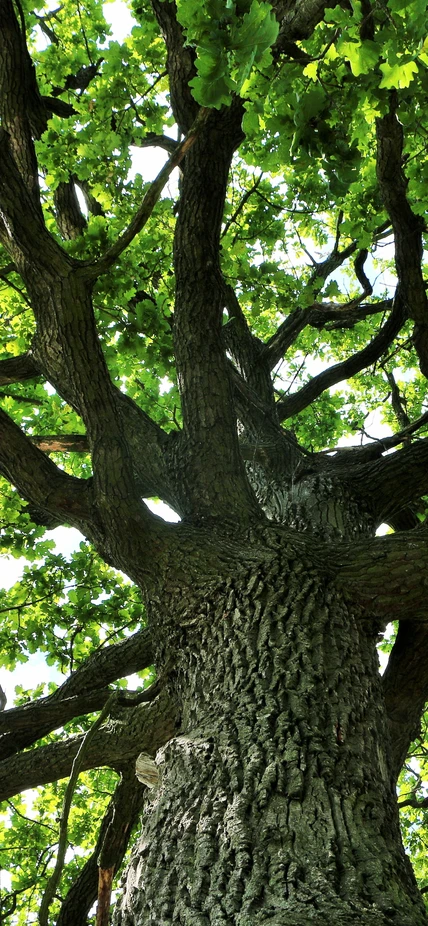The 2017 Kyoto Prize in the Basic Sciences has been awarded to Graham Farquhar, a distinguished professor at The Australian National University and a long-time collaborator of Carnegie scientists in the Departments of Plant Biology and Global Ecology.

The Kyoto Prize is an international award to honor those who have contributed significantly to the scientific, cultural, and spiritual betterment of mankind. It is given in three broad categories, Advanced Technology, Basic Sciences, and Arts and Philosophy, and is regarded as the most-prestigious award in fields that are traditionally not honored with a Nobel Prize.
This year, the award in the Basic Sciences category recognizes the contributions that Farquhar has made to research in plant physiology, ecology, and global change. Over the course of his career, Farquhar has drawn on his background in mathematics and physics to develop a number of simple quantitative models that elegantly and succinctly capture the dynamics of complex biological systems.
Two of the seminal models that were highlighted by the Kyoto Prize committee—the model of C3 photosynthesis and the model of photosynthetic carbon isotope discimination—emerged from collaborations between Farquhar and the Global Ecology staff scientist, Joseph Berry.
These quantitative models of photosynthesis have proved to be amazingly useful in both basic and applied research. For example, they have provided the foundation for understanding and predicting how the Earth’s vegetation is influenced by, and feeds back to influence, weather and climate.
Commenting on the award, Farquhar said, “Science is a long game.” He continued, “I’ve been lucky to have had smart colleagues who’ve been collaborative and cooperative. It’s part of a real team effort, and that’s what Mr. Inamori and the Inamori Foundation are really recognizing with this reward. I’m grateful to all the team, and I hope that the reward itself will give impetus to others to take on a career like this in science."
